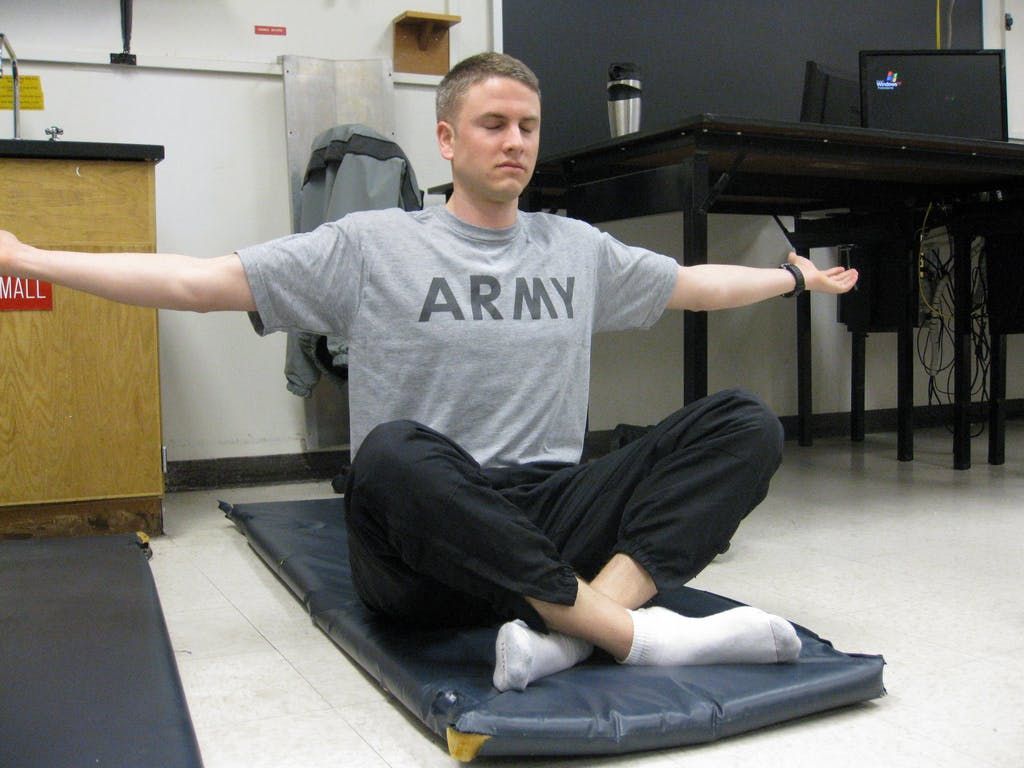Can medical marijuana really help ease the symptoms of Post-traumatic
Stress Disorder (PTSD)? New neurological
research suggests that it
can. A clinical study published in the journal
Psychoneuroendocrinology presented evidence that patients with changes
in their brain chemistry caused by PTSD have responded positively to
treatments with cannabis.
Conducted by researchers at the University of Haifa in Israel, this
study suggests that medical marijuana can have beneficial effects on
both mental and physical reactions to trauma due to the presence of
cannabinoids. Two areas of the brain, the cannabinoid and glucocorticoid
systems, are essential in resolving damage to the brain due to emotional
trauma.
The National Institute of Mental Health defines
PTSD
as a condition that "develops after a terrifying ordeal that involved
physical harm or the threat of physical harm." Although it may originate
from a terrifying event, it can also stem from the frightening
experiences of loved ones or even strangers.
Media coverage of PTSD in the wake of several extended US wars around
the globe has increased public awareness of the condition. The US
Department of Veteran Affairs estimates that around eight percent of the
US population will experience
PTSD
at some point during their lives. That risk factor is slightly higher
for women (10 percent) and slightly lower for men (4 percent).
The three main symptoms of the disorder are:
- Re-experiencing the traumatic event through nightmares or
flashbacks - Avoidance of all things that relate to the incident or social
contact all together - An overly developed startle response (hyperarousal) accompanied by
insomnia or sudden outbursts of rage.
It’s important to recognize that people of all ages can suffer from
PTSD. Those with a higher risk factor includes war veterans, victims of
physical and sexual assault, those who have been mentally or physically
abused, survivors of natural disasters, first responders, and anyone
involved in a life-threatening event.
PTSD is often treated with pharmaceutical anti-depressants and
anti-anxiety medications like Prazosin, an anti-hypertensive drug that
eases insomnia and nightmares. However, these have been shown to have
severe side
effects,
including nausea, low blood pressure and headaches.
Medical marijuana, rather than traditional medication, is seen as a
safer route for delivering cannabinoids to the troubled areas of the
brain for those who suffer from PTSD. Medical research from Tufts
University
found that trauma to the region of the brain called the amygdala is
primary responsible for the symptoms of PTSD. In another recent study
from the University of Michigan, researchers found that cannabinoids
can help repair abnormally
functioning brain systems, as well as inhibit inappropriate responses
like anxiety disorders, PTSD, panic attacks and phobias.
The research on cannabis as a powerful tool to help those suffering from
trauma is an example of modern medical science that supports the ancient
practices of traditional healers all over the world. For centuries,
marijuana has been prescribed to help people recover after traumatic
events.






